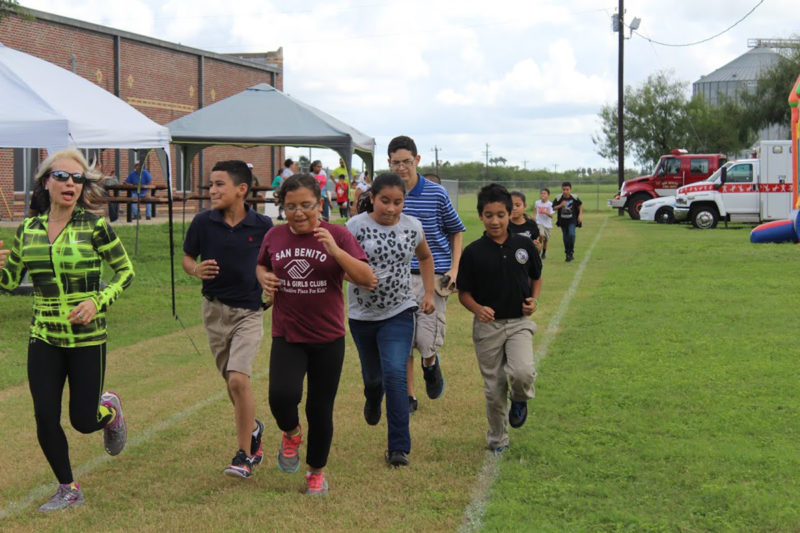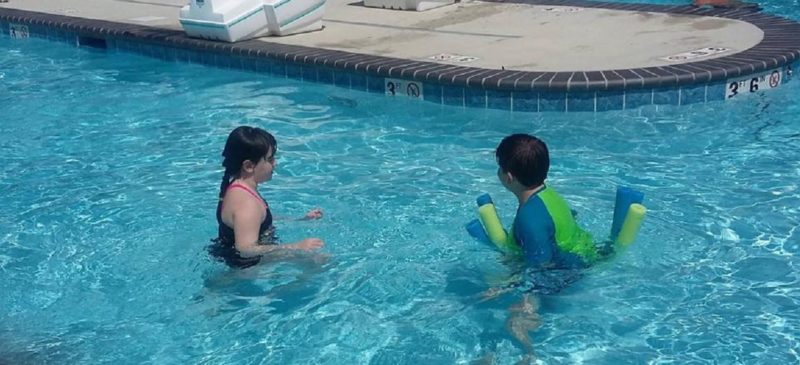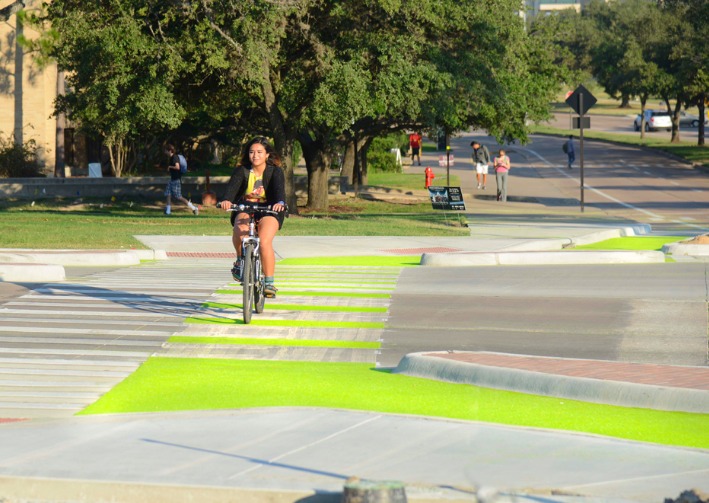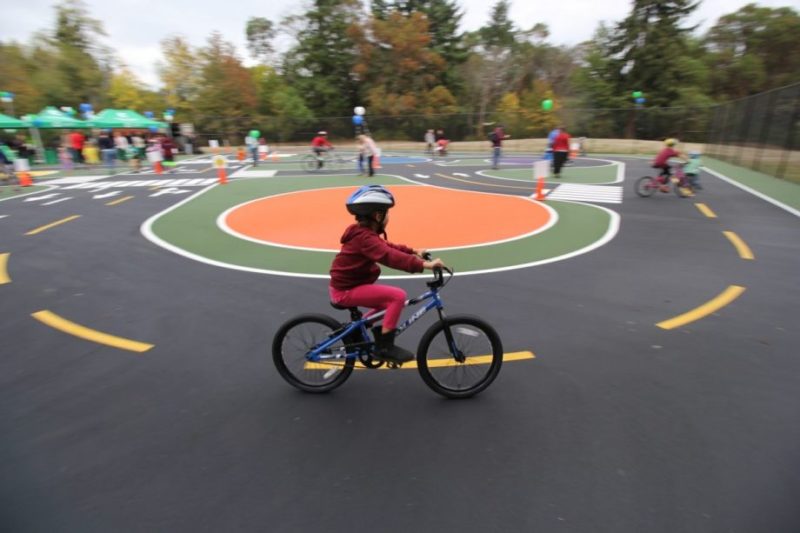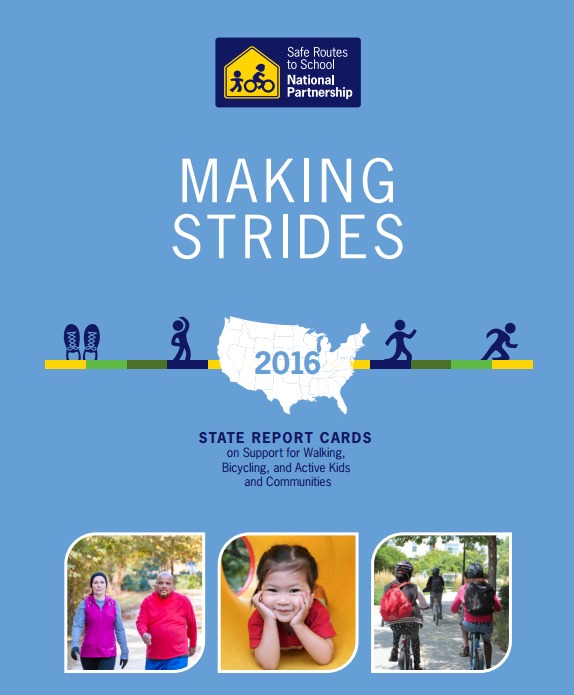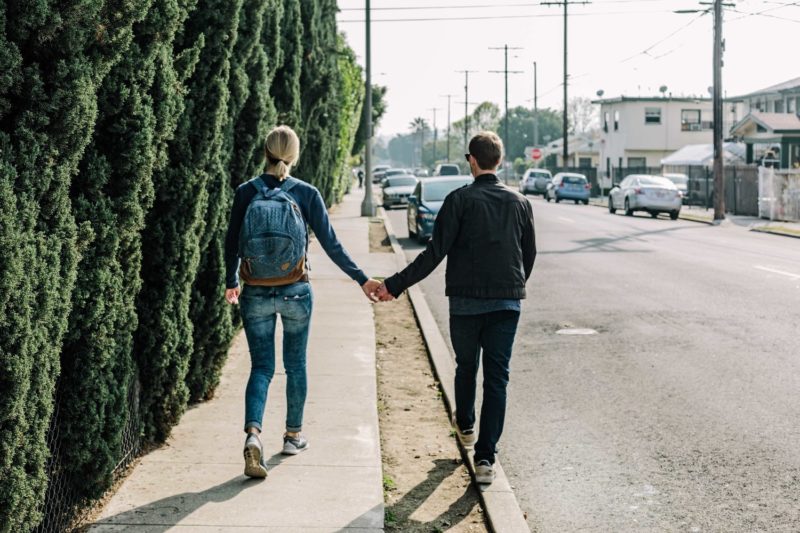Fitness Trackers Save Company $1,000 Per Employee

One company saw a 46% cost reduction for employees using wearable fitness tracking devices. According to a three-year study by Springbuk Inc., a healthcare analytics firm that tracks corporate wellness efforts, an actual return on investment has been calculated for an organization using wearable fitness tracking devices; employees using wearables for two years cost $1,292 less on average for a company. Additionally, the opportunity for cost savings could be the highest among less active individuals, individuals who tend to have higher rates of chronic disease and higher healthcare costs, like Latinos. Physical activity, such as walking, plays a critical role in health and wellness. Wearable fitness trackers have the potential to increase participation in physical activity, ...
Read More
